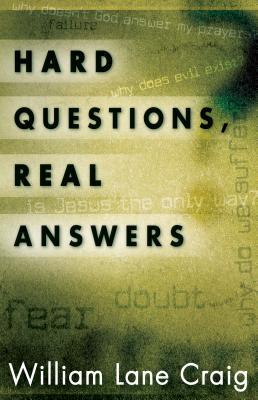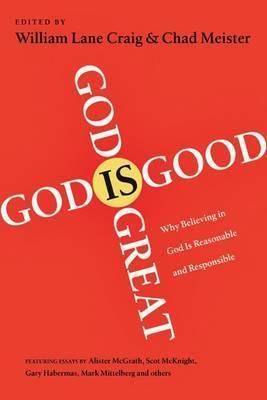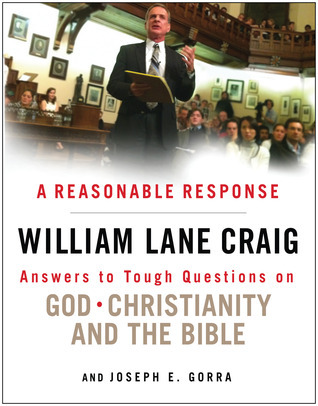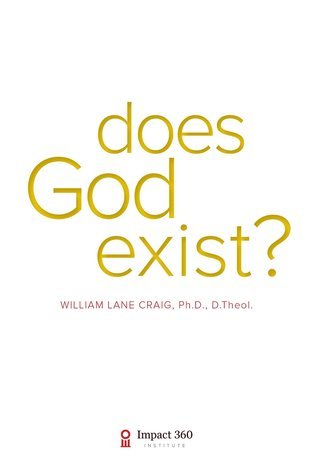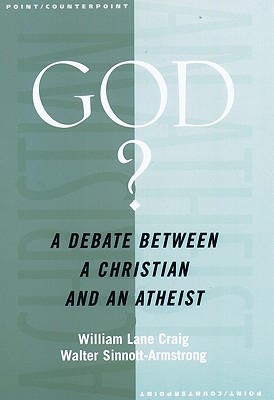
God?: A Debate between a Christian and an Atheist
Book Description
God: friend or illusion? Dive into the heart of one of humanity’s greatest questions in *God?: A Debate between a Christian and an Atheist*. Witness a riveting exchange between two formidable minds as they clash over the existence of a higher power. With passion and conviction, they unravel the tapestry of faith and skepticism, confronting profound truths and ethical dilemmas. Every argument is a strike, every rebuttal a counter-punch in this intellectual showdown. As the stakes rise, the chasm between belief and disbelief widens. Can reason triumph over faith, or does the soul yearn for something more? What do you believe?
Quick Book Summary
"God?: A Debate between a Christian and an Atheist" presents an engaging intellectual exchange between Christian philosopher William Lane Craig and atheist philosopher Walter Sinnott-Armstrong. The book explores deep philosophical and theological questions surrounding the existence of God, with both participants articulating and defending their worldviews. Craig offers classical theistic arguments, such as the cosmological and moral arguments, presenting evidence he believes points toward a divine creator. Sinnott-Armstrong counters these claims, questioning the sufficiency of such arguments and highlighting challenges to religious belief from science, morality, and the problem of evil. Throughout, each participant cross-examines the other's views, offering incisive rebuttals and exposing weaknesses. The debate thus serves as a microcosm of the larger societal dialogue between faith and skepticism, encouraging readers to critically assess the foundations of their own beliefs.
Summary of Key Ideas
Table of Contents
Arguments for the Existence of God
The debate opens with William Lane Craig presenting arguments in favor of God's existence, grounding his case in philosophical traditions. He marshals several classical arguments: the cosmological argument, which claims that the existence of the universe points to a necessary first cause; the teleological argument, appealing to design and fine-tuning in the universe; and the moral argument, which asserts that objective moral values presuppose a moral lawgiver. Craig contends that these lines of reasoning, taken together, provide a compelling case for theism, and he addresses common objections, attempting to show the rationality of faith.
Challenges to Theistic Belief
In response, Walter Sinnott-Armstrong scrutinizes the strength and validity of the arguments for God's existence. He challenges the premises of the cosmological and teleological arguments, invoking alternative scientific explanations such as cosmology and evolutionary biology. He contends that these arguments do not incontrovertibly lead to the conclusion of a personal deity. Sinnott-Armstrong also questions the moral argument, suggesting that morality can be grounded in social, evolutionary, or rational considerations without necessitating a divine source. He identifies areas where he believes religious explanations are either unnecessary or unsupported by evidence.
The Nature of Faith and Reason
The debate delves into the relationship between faith and reason. Craig maintains that faith is not blind but is supported by rational evidence, while also emphasizing the importance of spiritual experience. He argues that faith complements reason by providing a holistic understanding of reality. Sinnott-Armstrong counters by highlighting the dangers of relying on subjective experiences, suggesting that faith can sometimes lead to dogmatism or the acceptance of beliefs without sufficient justification. This exchange probes the epistemological foundations of religious belief and skepticism alike.
Morality and God's Existence
Morality is another major arena of contention. Craig insists that objective moral values and duties exist only if God exists, implying that atheistic frameworks can at best offer relative or pragmatic moralities. Sinnott-Armstrong disputes this claim, presenting secular accounts of morality based on reason, reciprocity, and human well-being. He argues that people can lead moral and meaningful lives independent of theistic belief, and that moral progress may even be better advanced outside religious frameworks.
The Problem of Evil and Suffering
A significant portion of the dialogue addresses the problem of evil and suffering. Sinnott-Armstrong asserts that the existence of gratuitous suffering undermines belief in an all-powerful, all-good God. He challenges life's tragedies as incompatible with theism. Craig responds by exploring theodicies and possible divine purposes behind suffering, suggesting that human limitations may prevent a full understanding of God’s reasons. In the end, the debate invites the reader to weigh the intellectual merits of both sides and reflect deeply on one of humanity’s perennial questions.
Download This Summary
Get a free PDF of this summary instantly — no email required.


